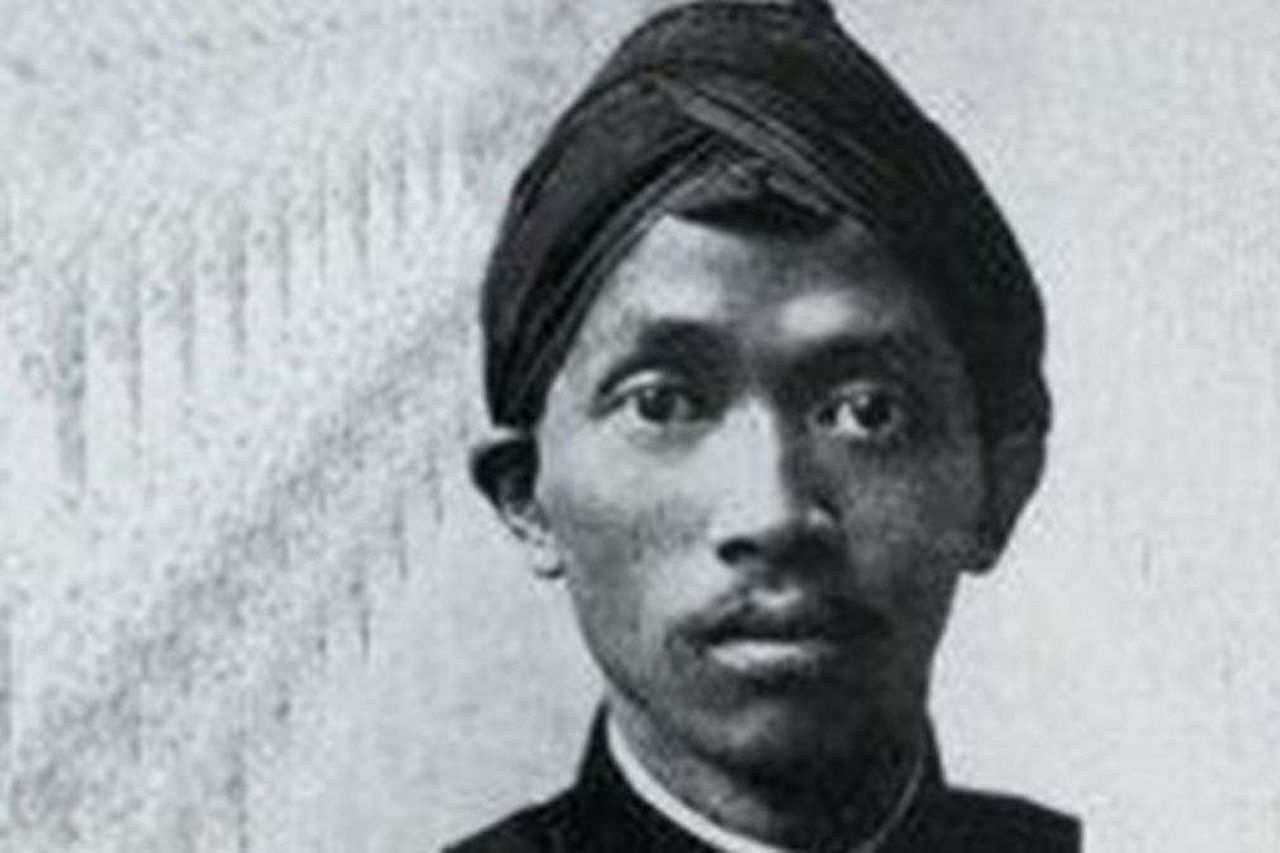Memory Of March 8, 1943: National Hero, Doctor Tjipto Mangoenkoesoemo Dies In Batavia

JAKARTA - Today, 79 years ago, on March 8, 1943, the national movement figure who was also a fighter for Indonesian independence, Tjipto Mangoenkoesoemo died in Batavia. His departure brought deep sorrow to all the natives. His courage against the Dutch through the political pulpit was unnecessary. Even the resistance that was carried out by him had been carried out from the beginning until the end of his life. For him, there is no place for colonialism in the archipelago.
The figure who is often called Soekarno, Om Tjip was born in Ambarawa, Central Java in 1886. He is the eldest of eleven children. His father was a lowly government official who had also worked as a Malay language teacher. Tjipto was born into a family that values education, which enabled the eleven brothers to receive higher education.
The educational path for Tjipto to grow into an independent, critical, and intelligent human being. This ability prompted him to continue his education at the Bumiputra medical school, School tot Opleiding van Indische Artsen (STOVIA). The medical school became a medium for him to learn many things.

He often saw the difference in treatment between the natives and Europeans. Because of this, Tjipto's partiality to the bumiputras became increasingly prominent. He ignored all kinds of priyayi-style temptations. He doesn't want to be extravagant. Especially spree.
He also graduated as a Bumiputra doctor without any significant problems in 1905. His sensitivity to the Bumiputras became more evident when Tjipto became a volunteer who participated in the fight against the bubonic plague in Malang. Tjipto's involvement was justified. Many Dutch doctors are reluctant to go to remote areas of the country. That's where his soul is called to help.

“After graduating from STOVIA, Tjipto became a doctor. Not long after, there was an epidemic (pest) in the Malang area, East Java. Tjipto offered his services as a volunteer, to eradicate the plague. Thanks to his assistance, Tjipto received an award from the Dutch in Java," said Kenji Tsuchiya in the book Democracy and Leadership: The Rise of the Taman Siswa movement in Indonesia (1992).
Not kidding. The award that Tjipto received was the Ridderkruis of the Oranje-Nassau Order in 1912. The gift of the Dutch Queen Wilhelmina was given to Tjipto for his courage to enter remote villages in Malang to eradicate the bubonic plague.
Moreover, Tjipto did not use any meaningful personal protective equipment. His attitude was different from that of many European doctors dealing with the plague. Most European doctors do not want to go to remote areas. But the award was flatly rejected by Tjipto.
“This is where the two names that remain in the history of Indonesia's revival emerge—two people who were not as polite as Mas Wahidin: Cipto Mangunkusumo, doctor; he deliberately put the award star from the Queen of the Netherlands on his ass as a protest,” wrote Goenawan Mohamad in his article in Tempo Magazine entitled BO (2008).
Tjipto's anger continued. He chose to leave the Budi Utomo organization, which he considered increasingly self-exclusive. He and his friends Ernest Douwes Dekker, and Soewardi.
SEE ALSO:
Soerjanigrat (later known: Ki Hajar Dewantara) formed the Indische Partij 1912. A political party that aims to build patriotism for all groups of the people of the Dutch East Indies towards the homeland. The three were later dubbed the triumvirate.
The political struggle of the Indische Partij made the triumvirate exiled to the Netherlands. The tension did not decrease. All three continue to garner support in the Netherlands. However, due to health problems, Tjipto had to be exiled to Banda Neira. He was not tired of fighting in exile, Tjipto became the main mentor of Bung Hatta and Bung Sjahrir. He later became Soekarno's mentor.
“He is as complex as Soewardi, but from a different angle. If in his life Soewardi changed from satria to pandita, Tjipto was truly a warrior in his entire life.”
"When Soewardi graduated from medical school and then became a radical young man with an article, Tjipto Mangoenkoesoemo practiced as a doctor and an impatient rebel (called by Dutch) who could not be patient and couldn't stop himself from showing his disgust for power and splendor, even before he started his political career," concluded Takashi Shiraishi in the book 1000 Tahun Nusantara (2000).
